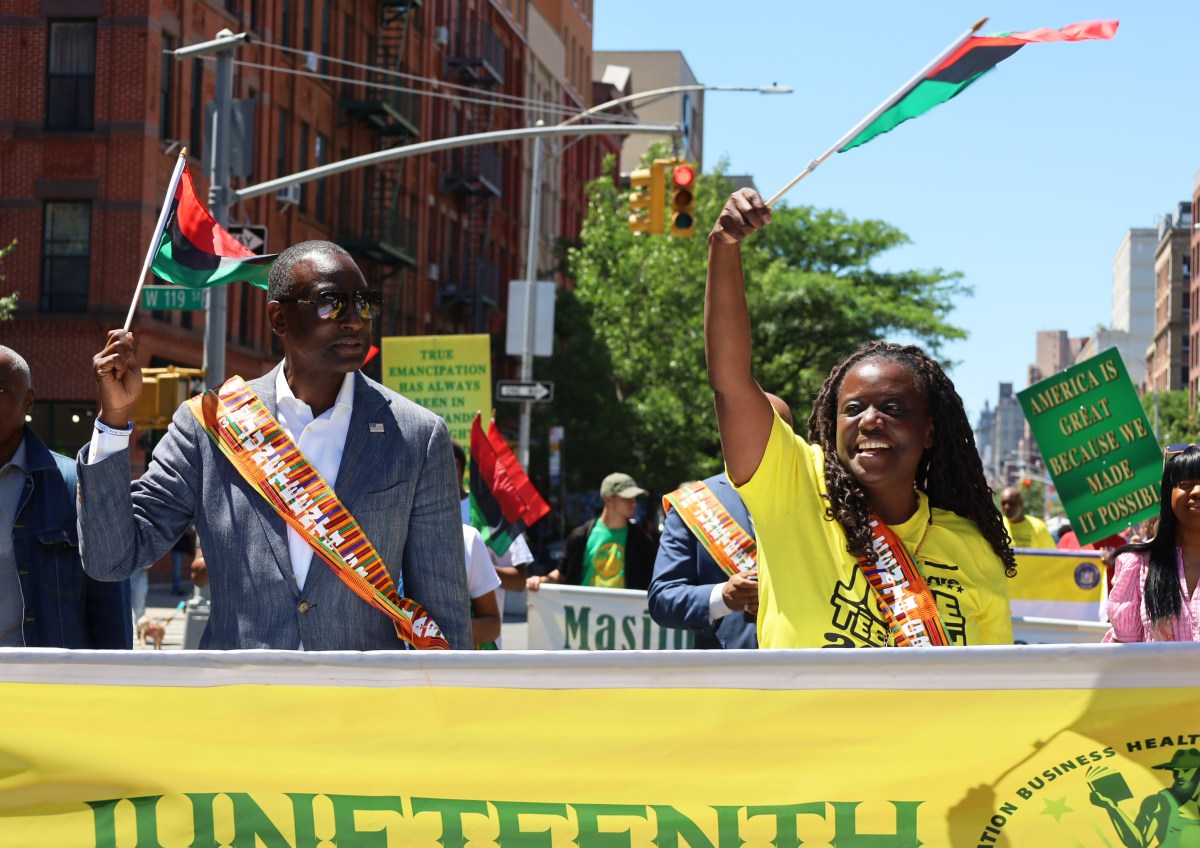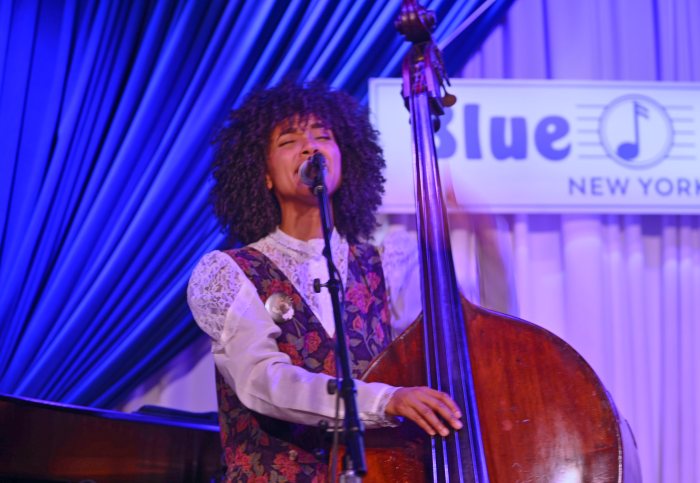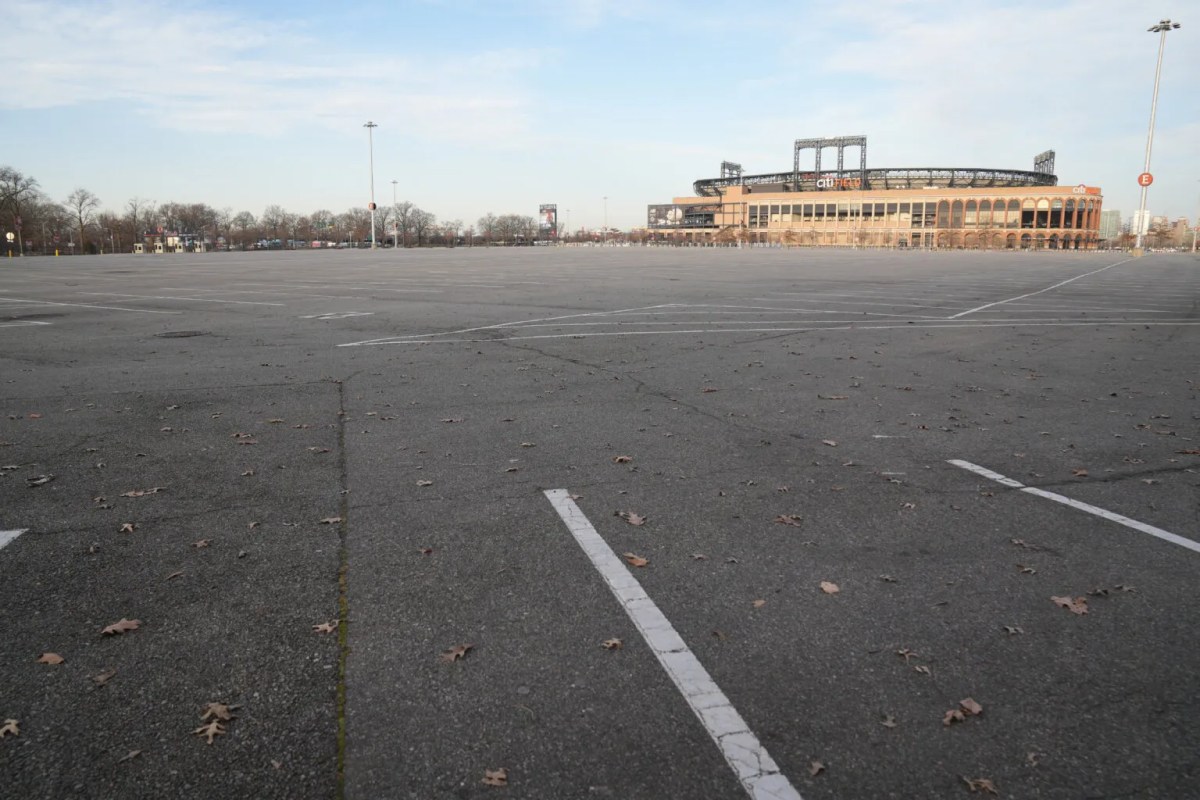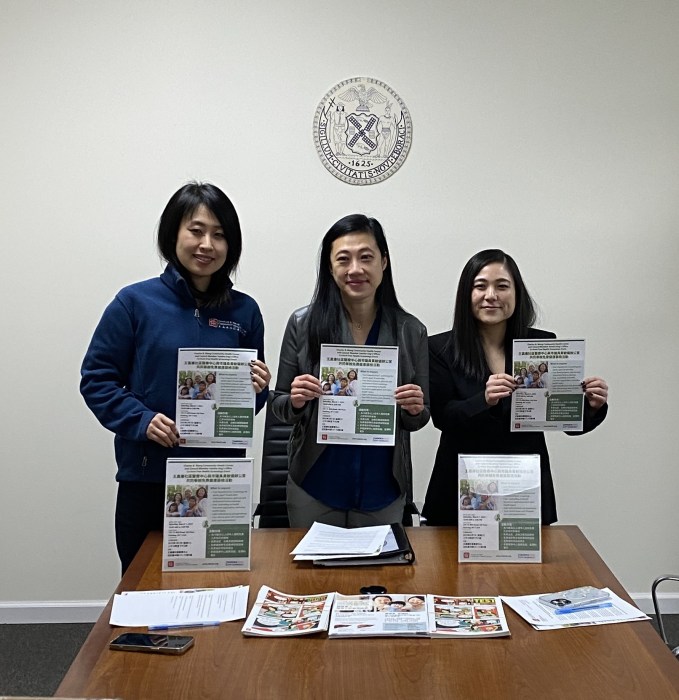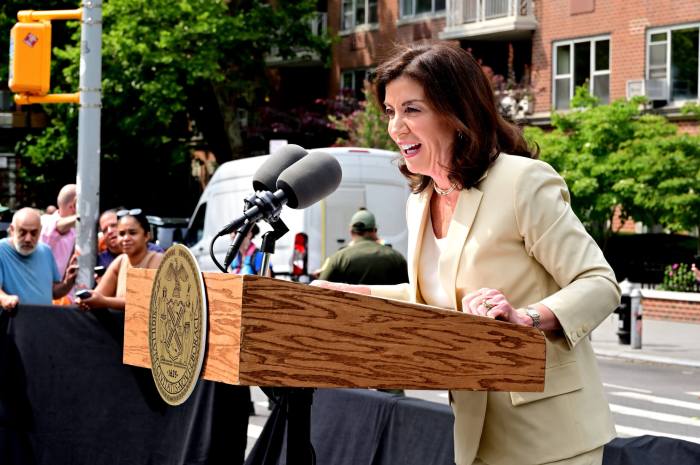Harlem held an early celebration of Juneteenth with its annual parade on Saturday commemorating freedom and the ongoing march for equality in America.
State Senator Cordell Cleare and City Council Member Yusef Salaam led the June 15 parade, which was followed by a full day of activities, speeches and performances.
A hybrid of the words “June” and “nineteenth,” Juneteenth commemorates June 19, 1865, on which federal troops arrived in Texas in 1865 to enforce the Emancipation Proclamation that granted slaves their freedom in 1863. Juneteenth is recognized at the moment in which all remaining slaves in America had finally been emancipated.
While this significant moment in American history has been recognized in the Black community for more than 150 years, it was not until 2021 that it was officially declared a federal holiday under President Biden.
“Juneteenth serves as a constant reminder of the myriad of challenges that blacks have endured and the countless impediments that remain,” said Cleare, whose office helped allocate $5 million to the Juneteenth Committee of Masjid Malcolm Shabazz. “The vestiges of slavery and its role in shaping America’s history is a tremendous part of our past and present that must be acknowledged.”


Saturday marked the 31st annual Juneteenth celebration by the Masjid Malcolm Shabazz — the longest-running celebration of its kind in New York state. The masjid has served as an Islamic center in Harlem since 1956 and works to “celebrate, educate and commemorate the African American struggle for freedom, justice and equality.”
Formerly known as Muhammed’s Temple of Islam 7, the building was renamed in 1976 to honor the legacy of Malik Shabazz, also known as Malcolm X.
The June 15 parade included dancers, marching bands and floats of local organizations and businesses like any other parade, but what stood out was the lack of steel barriers. The ability for people to weave in and out of the streets felt unrestrictive and communal.
Iesha Sekou, founder of Street Corner Resources which works to combat gang violence, was in the parade and talking to the people. Even the Ruff Ryders, made famous by rapper DMX, participated to de-stigmatize the negative perception of Black and Brown men riding bikes.
“We’re in the community making sure that young kids know they have a father figure, a brother figure they can look up to and where they can ride their bikes, they can ride their motorcycles, and not be chased by the law enforcement,” said Nene, NYS chapter leader for the Ruff Ryders.

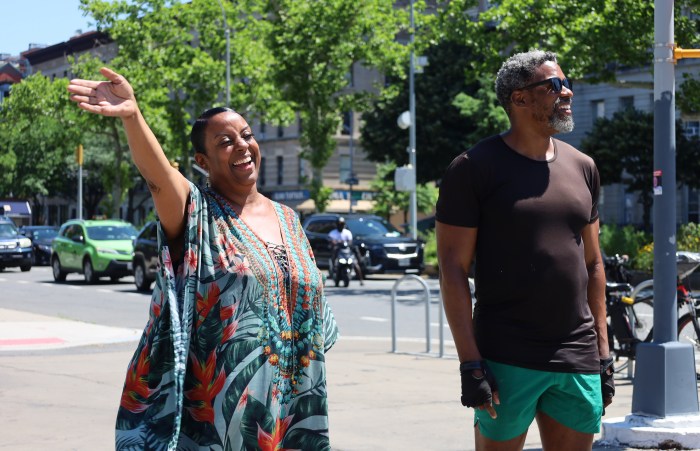
Kicking off on 116th Street before proceeding along Frederick Douglass Boulevard to 125th Street, and down Malcolm X Boulevard back to its starting point, the parade ended in proclamations and citations recognizing the efforts of local leaders making strides for the Black community.
Shatic Mitchell, director of civic engagement for the Central Park Conservancy, was one of the honorees recognized for his work in the $160 million Harlem Meer Center which is slated to open in 2025. The project will return the ice skating rink and swimming pool to the community.
“[Shatic] is opening those doors to letting people know that we belong in the park,” said Cleare, whose comments were sparked by the case of the Central Park Five. In 1989, five Black teenage boys, all 16 years old and under, were wrongfully convicted of the violent rape of a white, female jogger. It wasn’t until 2002, 13 years later, that they were exonerated due to a confession and DNA evidence that proved their innocence.
Salaam, who grew up in Harlem and now represents the neighborhood, was one of the Central Park Five, now known as the Exonerated Five.
“I wasn’t elected because I’m handsome, I was elected because I’m close to the pain,” he told the crowd. “I’m going to do all that I can to make sure we push forward.”
From 11 a.m. to 6 p.m., 116th Street between Malcolm X Boulevard and Fifth Avenue was closed for the celebration. Kids played basketball while spectators sat at the adjacent bleachers; there was free face-painting, a bouncy house, a station to learn about Black inventors that gave out free books and toys; and the Metropolitan Museum of Art offered portraits inspired by James Van Der Zee , a Black photographer featured in their exhibit, “The Harlem Renaissance and Transatlantic Modernism.”
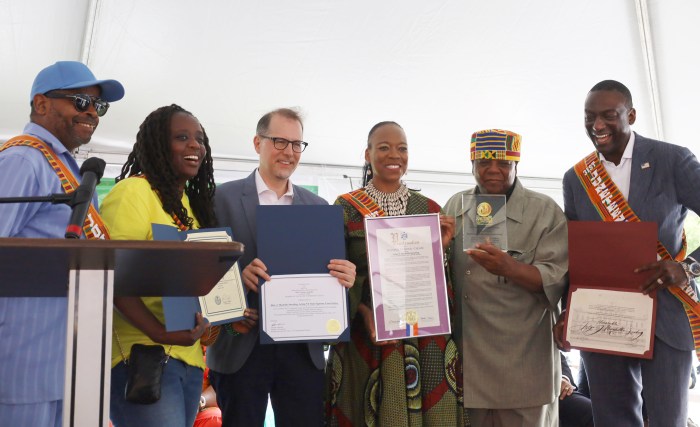
A strong sense of pride and fortitude filled the air, along with a staunch determination to excel and never repeat the past.
“Our entire lives being enslaved in our country of America and before,” said Izak-El M. Pasha, imam of the historic Masjid Malcom Shabazz for more than 30 years. “We’re not to become slaves ever again on this planet Earth.”
This article was updated on Tuesday, June 18 at 9:39 a.m.
Read more: FDR Drive closes for maintenance, causing traffic delays.



